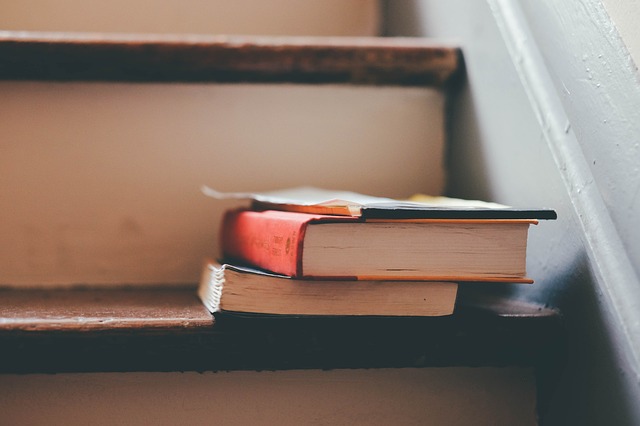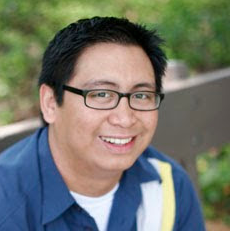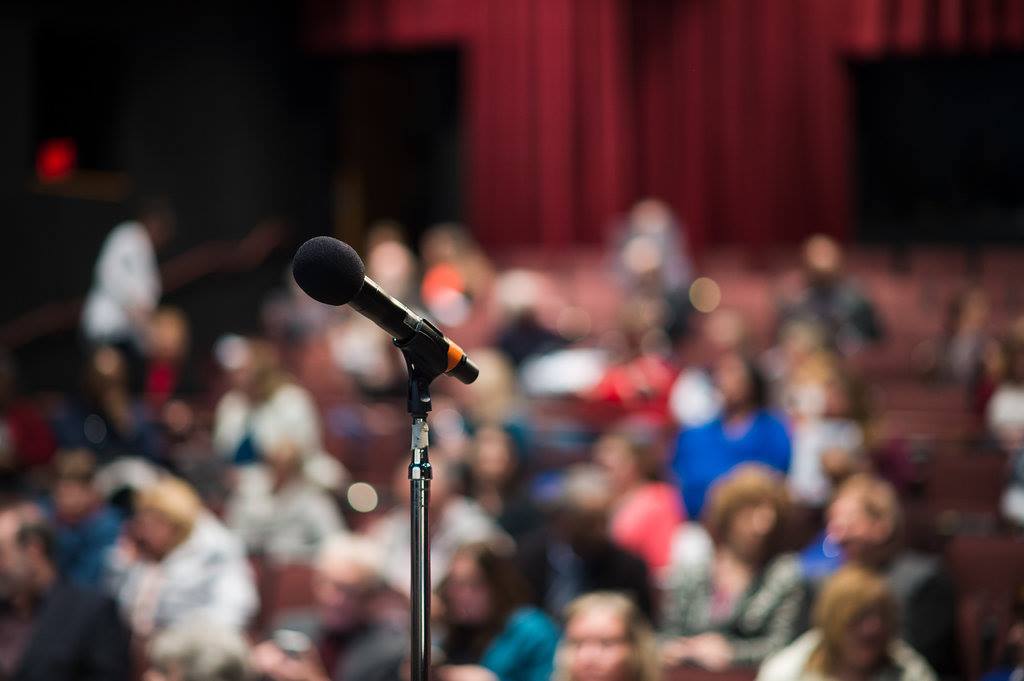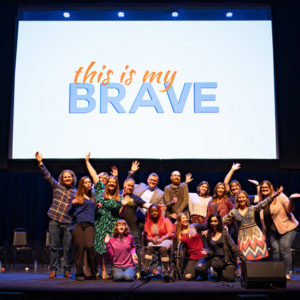Straight A’s: Ask Away – a guest post

“If you ask for help, they’ll know you’re weak.”
That was one of my mother’s motivational mantras. In other words: figure it out yourself. Asking for help was strongly discouraged. She would also say that “we [Filipinos] have to work four or five times harder to succeed around white people.” As a young child, being pressured to land at a higher level of success but without assistance seemed almost impossible.
Both of my parents are Filipino immigrants, so being a first-generation American has presented me with some unique perspectives. Many positive experiences, some definitely painful, but they were always something I learned from.
In the spring semester of my senior year of high school, I remember hearing the news that a classmate had committed suicide– he was Filipino. “Dennis” was a strong athlete, well liked, active in our church youth group, and earned report cards that many would identify as “good grades” or even “above average.” But for many Asian cultures, including Filipinos, there is an extreme pressure to succeed at exemplary levels.
Got straight A’s? Why not A+?
Aced your final? What about the extra credit?
Scored 4 goals in a soccer match? Why not 5 or 6?
This pressure often results in a complex of feeling “never good enough” with a side of “figure it out.”
I can distinctly remember the confusion of many non-Asian classmates when attempting to explain the type of pressure many Asian parents can place on their children. Among the Asian tables in the cafeteria, it was silently nodded over and understood. We knew what could have pushed Dennis over the edge. At that point, I reflected on my own suicide attempt the year before and thought about how alone I felt, knowing I needed something, but too afraid to ask for help and unsure of how to even cry out for it…without tarnishing the reputation of my family.
“If you ask for help, they’ll know you’re weak.”
Eleven years ago I scheduled my very first appointment with a therapist. I had just recently separated from the US Navy and was interested in the mental health resources at my local VA clinic. It was during that initial series of appointments that I really started to ask for help, listen to myself, and not worry (as much) about what “they” will say, even if I stumble and need help. It was where I truly understood the magnitude of my suicide attempt in high school, or my battle with alcoholism and addiction as a service member. But every time I would schedule an appointment, or go into the clinic, I would hear her voice in my head, “If you tell people your problems, what will they say about me?” She was more concerned with how people would view her instead of realizing that her son needed help and was brave enough to ask for it.
I recently came back to scheduling regular appointments with my local VA clinic when I got divorced, but much of what I discussed was not relationship-focused. Well, romantic relationship focused. It was focused on my relationship with myself, and I talked about what I knew best–me.
I do want to note that I do not wish to generalize and say that “all Asians” or “all Filipinos” or even “all minorities” deal with this “if you ain’t first, you’re last” type of pressure from parents or elders, but I can tell you that making strides to ask for help and actively seeking it are wonderful choices to make. I don’t want to be a spokesperson for “the Asian experience,” because that implies there is a cut and dry explanation of it as a collective identity. I can only tell you about my experience and my stories.
I can tell you with great certainty that one of the reasons my suicide attempts (yes, plural) were not “successful” (and I loathe that a suicide attempt that results in death is regarded as “successful”) is so that I can tell stories. Not just my own, but if anything, at least my own. If it helps at just one person get through one more day, to know that they aren’t alone and that help is available, then it will all be worth it.
You know what actually happens when you ask for help? They’ll know you need help. That is truly the only way others can help you. You can’t get help with something if no one knows it’s an issue.
Ask for help. It doesn’t make you weak.
There is such truth in “#StorytellingSavesLives” and that is why I believe in This Is My Brave. That is why I tell stories. Even as I write this blog, I can hear my mother in my head telling me to keep quiet and figure it out, but I know that I’m helping someone out there by shining a light for those in the dark about mental health.
Ask for help. It doesn’t make you weak. It makes you stronger.
*****

About the Author: Marlon Deleon is a lot of things, but he isn’t his labels. A first-generation American raised in California, he grew into his own on the east coast when serving in the US Navy as a submarine electrician. He holds a B.A. in Theatre Directing from Cal State Long Beach, and is currently living in the Midwest enjoying his four seasons and going to the beach way more than when he lived in California. Everyday he makes the choice to #LiveBrave and is proud to tell stories about all things including mental health.

